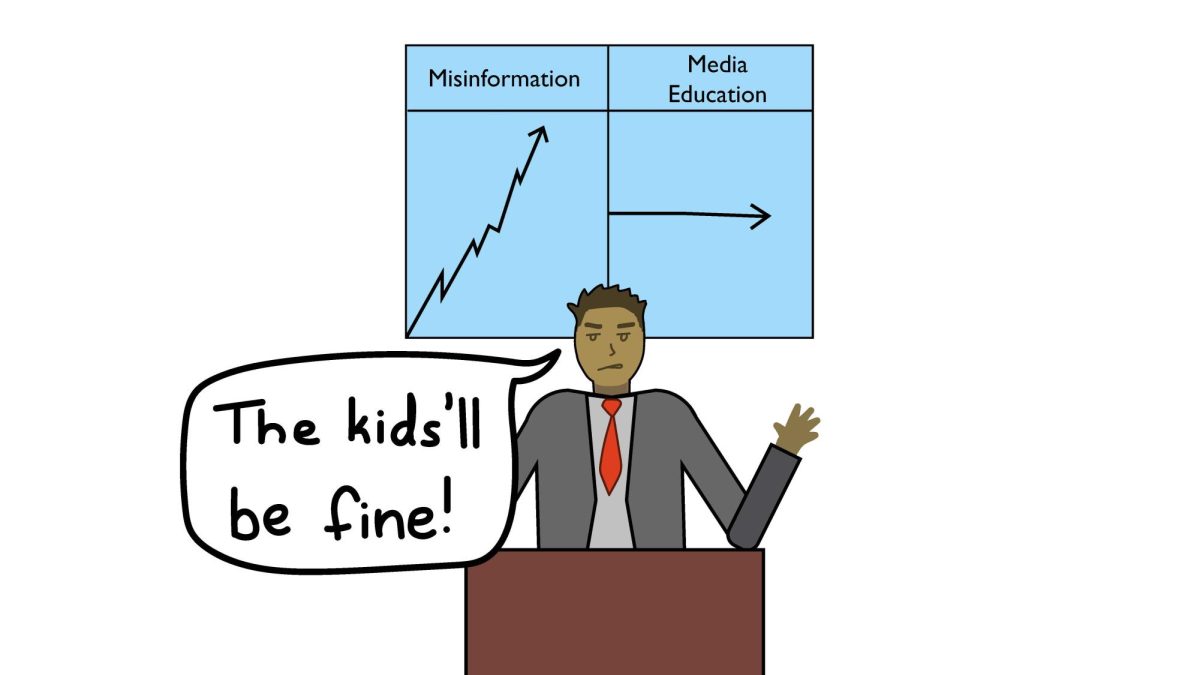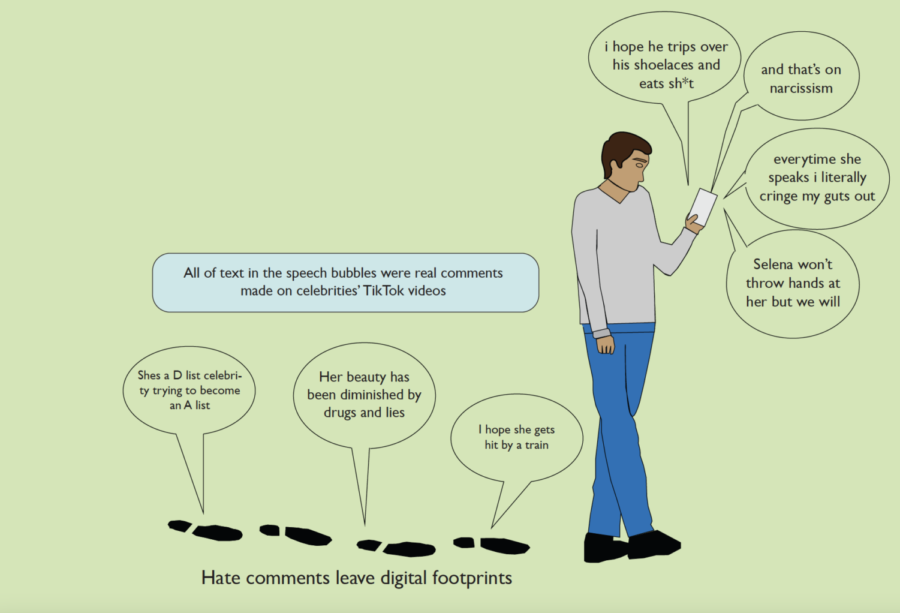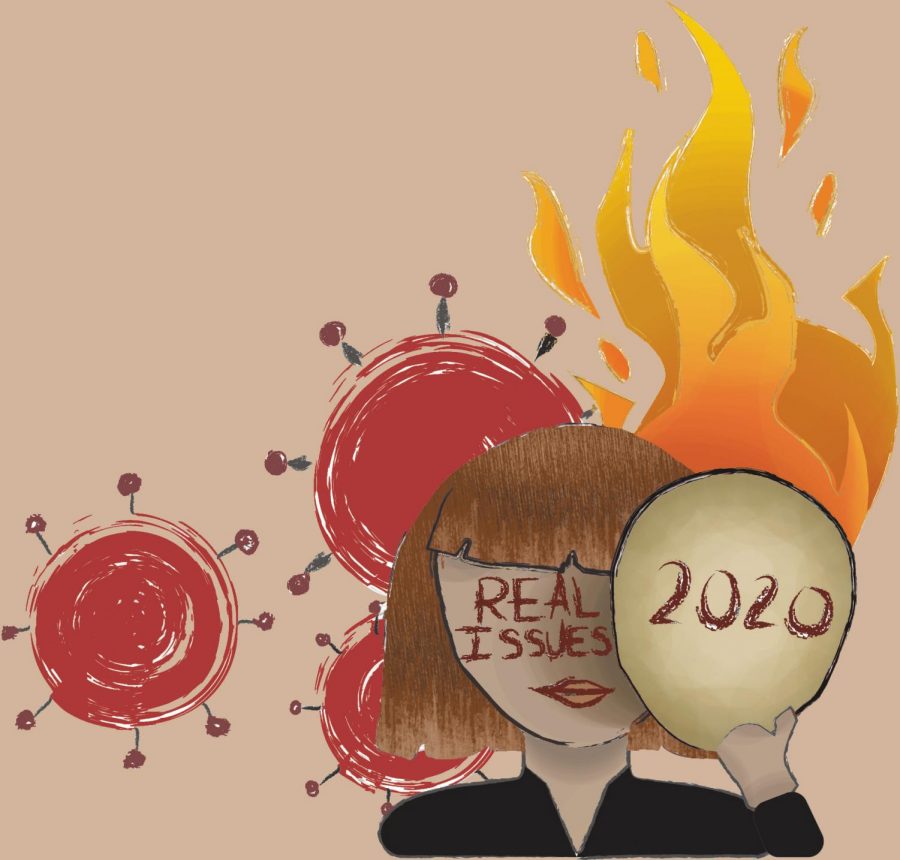It’s so ingrained into our collective conscious as to be indistinguishable from fact: things were worse, but they get better. Too often, we believe without question that history marches down a straight line toward the optimal world. Perhaps this way of thinking is justified; it creates optimism for the future, at least. And it is usually correct when applied to specific trends like technological development. Though, when applied too broadly, it can warp the way we view our relationship to the past.
Technology advances, yes, but it may be a mistake to believe that society advances in the same way. In the past few centuries, we have seen the liberalization of much of Europe and the United States. Controversial as it may be, many would call this progress. But, this is a limited slice of history on which to base a world view. In many cases, economical advancement comes at a cost to social advancement. For instance, before globalization, and before different cultures began to encounter one another, there were far fewer racial atrocities. But it isn’t only on the global scale that our generation experience our perceived superiority.
On the individual basis, it can be easy to view ourselves as superior to those from the past. In many ways, we have improved, but it’s important to realize that the progress we’ve seen has been the result of hard working people throughout history. Be it technological, political, social or cultural, we owe our current understanding of the world to those who preceded us. Indeed, the collective IQ has been steadily rising over the past century, and many people are more tolerant of groups that were once hated or shunned, but this wouldn’t be the case without improved education and civil rights leaders. There’s nothing inherently special about this generation. We weren’t born smarter or more socially conscious. We were born into a culture that had already had time to grow.
Another misconception may be the extent of our social liberalism. Technologically, there are few who would claim that we’ve reached the peak. Still, there are some who believe that we’ve reached the pinnacle of social understanding and acceptance. Remembering the public response to the Obergefell v. Hodges Supreme Court decision, which declared state bans on gay marriage to be unconstitutional, supporters celebrated while forgetting about the difficulties faced by the T in LGBT.
Still, many do believe we have catching up to do on the national scale. Again, a more common, and possibly more problematic misconception would be the integrity of our personal values. We’re all familiar with the tendency for people to believe they’re right––that’s how belief works. What’s interesting is the tendency of people to believe that their level of social tolerance is the universal, constant good, and that they just happened to have fallen upon the period that produced it. In short, this belief is ridiculous.
Perceptions of morality and ethics have changed through time, and rely heavily on culture, both on the individual and collective level. Even if your personal beliefs are progressive beyond the collective belief, the probability that your level of tolerance is the one and only valid level is highly unlikely. Racial equality was given little thought when the colonies lacked religious and expressive freedom. LGBT rights didn’t come into the spotlight until issues of feminism and racial equality were well established. In all likelihood, future generations will view us to be as ignorant as we view past generations to be.
When analyzing the past, it’s important to keep context in mind, as well as to appreciate the role that forward-thinking individuals played in the formation of our current state. Yes, we’re the most technologically advanced and the most educated generation so far, but that doesn’t make us superior.














